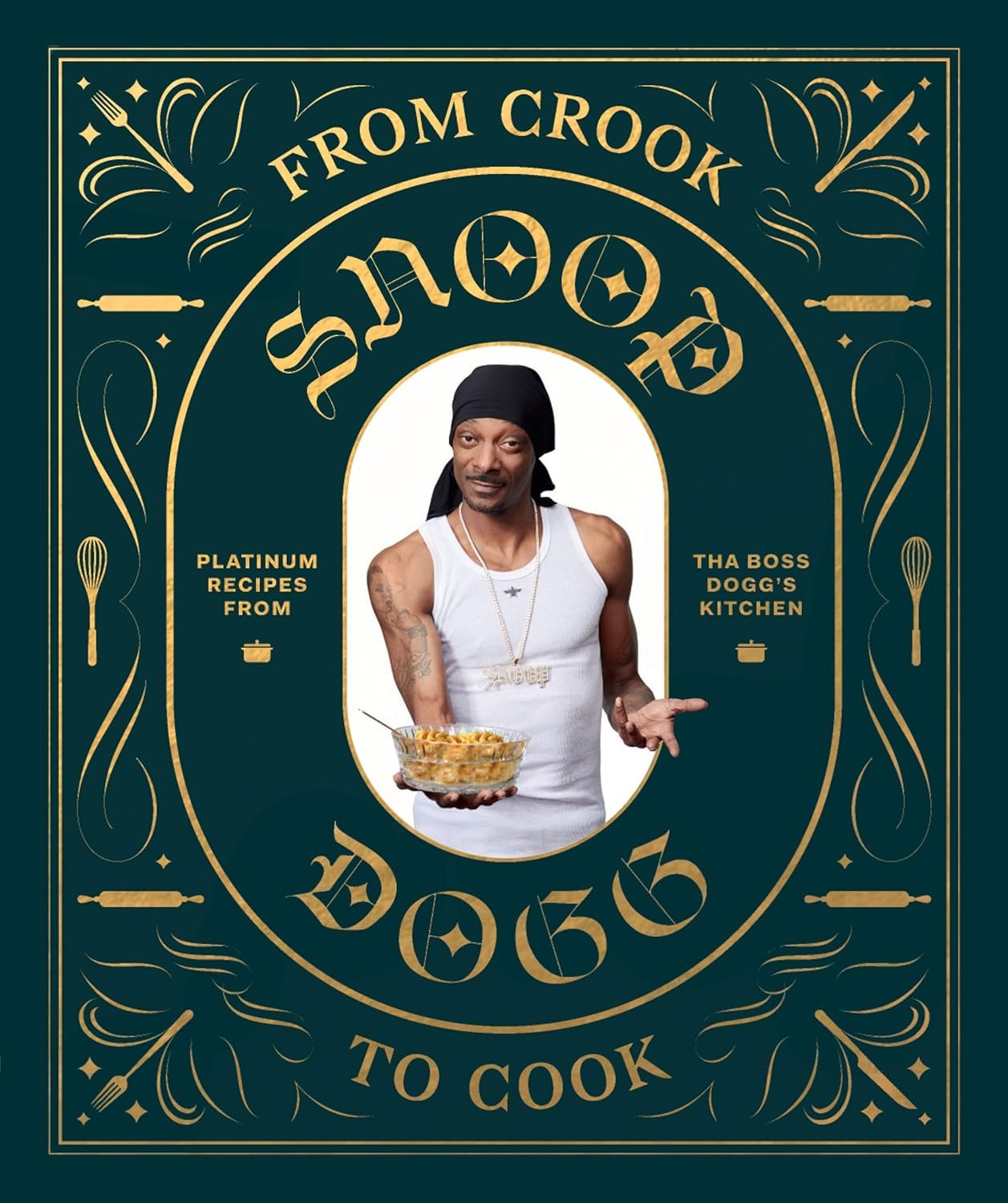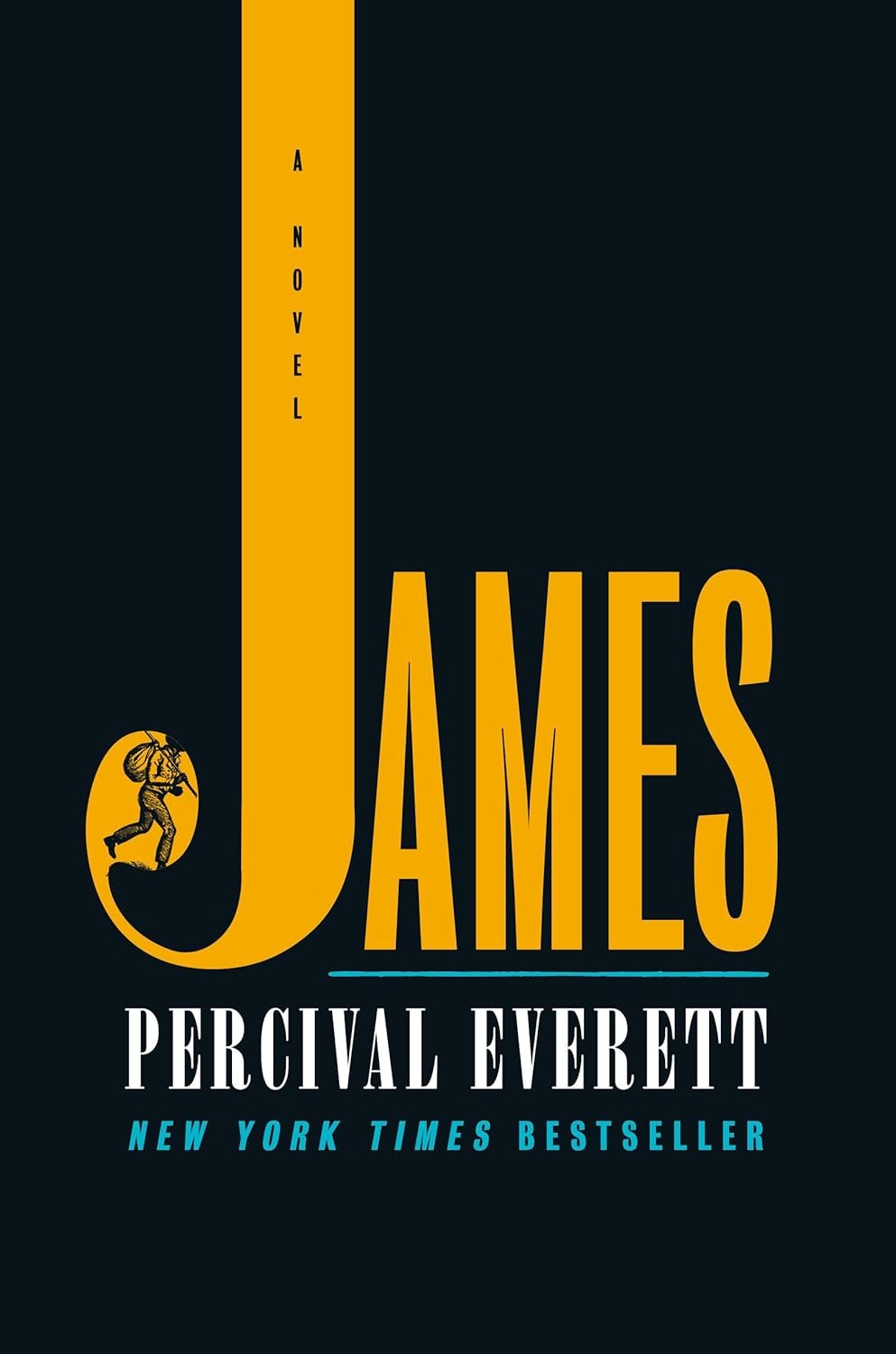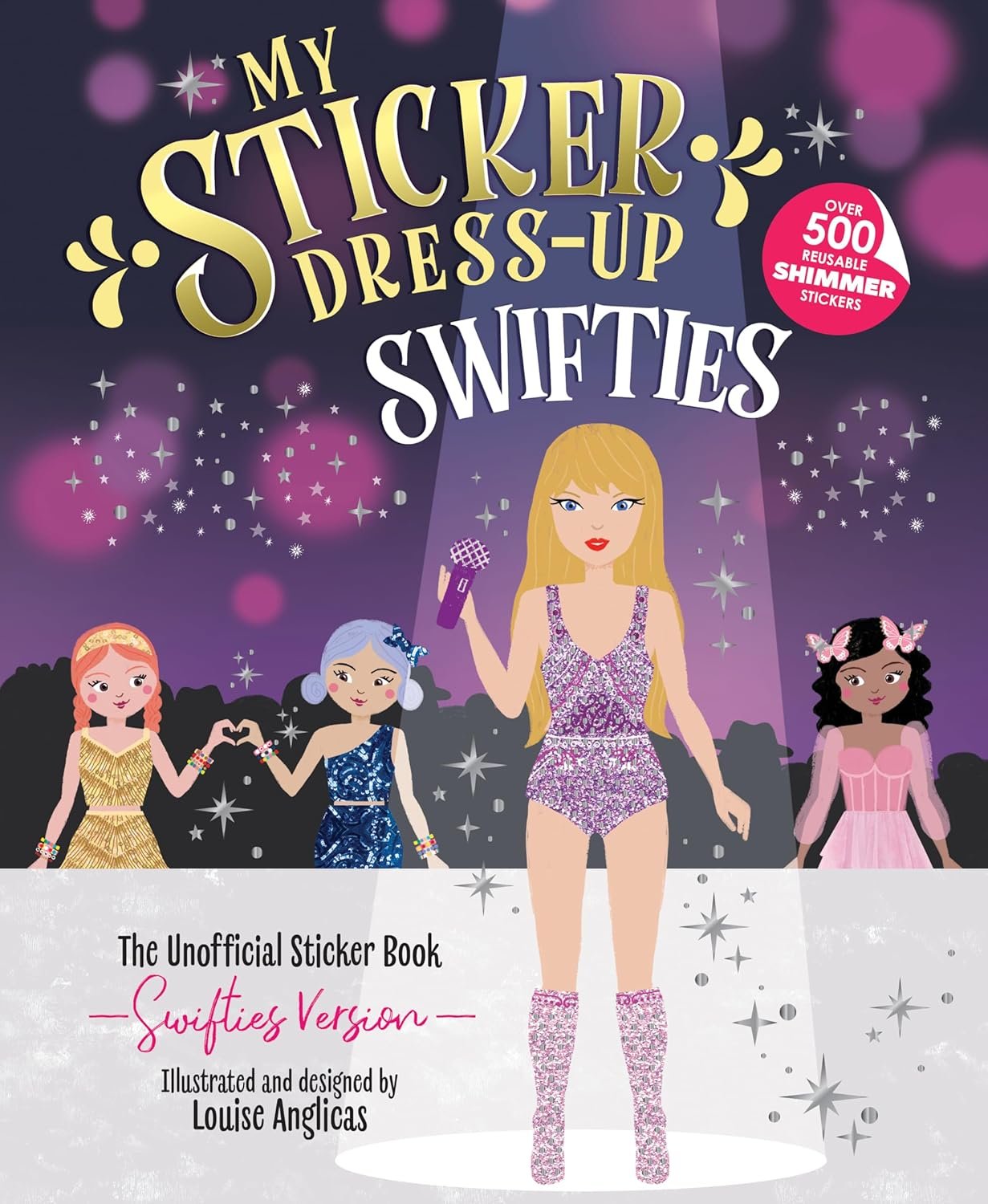… I wouldn’t call it a jolly good time, but it’s not as bad as that. There are women, after all, and where there are women, I’m bound to make merry.
—from Michael Stirling to his cousin John, the Earl of Kilmartin, posted from the 52nd Foot Guards during the Napoleonic Wars In every life there is a turning point. A moment so tremendous, so sharp and clear that one feels as if one’s been hit in the chest, all the breath knocked out, and one knows, absolutely knows without the merest hint of a shadow of a doubt that one’s life will never be the same.
For Michael Stirling, that moment came the first time he laid eyes on Francesca Bridgerton.
After a lifetime of chasing women, of smiling slyly as they chased him, of allowing himself to be caught and then turning the tables until he was the victor, of caressing and kissing and making love to them but never actually allowing his heart to become engaged, he took one look at Francesca Bridgerton and fell so fast and so hard into love it was a wonder he managed to remain standing.
Unfortunately for Michael, however, Francesca’s surname was to remain Bridgerton a mere thirty-six hours longer; the occasion of their meeting was, lamentably, a supper celebrating her imminent wedding to his cousin.
Life was ironic that way, Michael liked to think in his more polite moods. In his less polite moods, he used a different adjective entirely.
And his moods, since falling in love with his first cousin’s wife, were not often polite.
Oh, he hid it well. It wouldn’t do to be visibly out of sorts. Then some annoyingly perceptive soul might actually take notice, and—God forbid— inquire as to his welfare. And while Michael Stirling held a not unsubstantiated pride in his ability to dissemble and deceive (he had, after all, seduced more women than anyone cared to count, and had somehow managed to do it all without ever once being challenged to a duel)—Well, the sodding truth of it was that he’d never been in love before, and if ever there was a time that a man might lose his ability to maintain a facade under direct questioning, this was probably it.
And so he laughed, and was very merry, and he continued to seduce women, trying not to notice that he tended to close his eyes when he had them in bed, and he stopped going to church entirely, because there seemed no point now in even contemplating prayer for his soul. Besides, the parish church near Kilmartin dated to 1432, and the crumbling stones certainly couldn’t take a direct strike of lightning.
And if God ever wanted to smite a sinner, he couldn’t do better than Michael Stirling.
Michael Stirling, Sinner.
He could see it on a calling card. He’d have had it printed up, even—his was just that sort of black sense of humor—if he weren’t convinced it would kill his mother on the spot.
Rake he might be, but there was no need to torture the woman who’d borne him.
Funny how he’d never seen all those other women as a sin. He still didn’t. They’d all been willing, of course; you couldn’t seduce an unwilling woman, at least not if you took seduction at the true sense of the word and took care not to confuse it with rape. They had to actually want it, and if they didn’t—if Michael sensed even a hint of unease, he turned and walked away. His passions were never so out of control that he couldn’t manage a quick and decisive departure.
And besides, he’d never seduced a virgin, and he’d never slept with a married woman. Oh very well, one ought to remain true to oneself, even while living a lie—he’d slept with married women, plenty of them, but only the ones whose husbands were rotters, and even then, not unless she’d already produced two male offspring; three, if one of the boys seemed a little sickly.
A man had to have rules of conduct, after all.
But this… This was beyond the pale. Entirely unacceptable. This was the one transgression (and he’d had many) that was finally going to blacken his soul, or at the very least—and this was assuming he maintained the strength never to act upon his desires—make it a rather deep shade of charcoal. Because this… this—
He coveted his cousin’s wife. He coveted John’s wife.
John.
John, who, damn it all, was more of a brother to him than one of his own could ever have been. John, whose family had taken him in when his father had died. John, whose father had raised him and taught him to be a man. John, with whom—
Ah, bloody hell. Did he really need to do this to himself? He could spend a sennight cataloguing all the reasons why he was going straight to hell for having chosen John’s wife with whom to fall in love. And none of it was ever going to change one simple fact.
He couldn’t have her.
He could never have Francesca Bridgerton Stirling.
But, he thought with a snort as he slouched into the sofa and propped his ankle over his knee, watching them across their drawing room, laughing
and smiling, and making nauseating eyes at each other, he could have another drink.
“I think I will,” he announced, downing it in one gulp.
“What was that, Michael?” John asked, his hearing superb, as always, damn it.
Michael produced an excellent forgery of a smile and lifted his glass aloft. “Just thirsty,” he said, maintaining the perfect picture of a bon vivant.
They were at Kilmartin House, in London, as opposed to Kilmartin (no House, no Castle, just Kilmartin), up in Scotland, where the boys had grown up, or the other Kilmartin House, in Edinburgh—not a creative soul among his forbearers, Michael had often reflected; there was also a Kilmartin Cottage (if one could call twenty-two rooms a cottage), Kilmartin Abbey, and, of course, Kilmartin Hall. Michael had no idea why no one had thought to offer their surname to one of the residences; “Stirling House” had a perfectly respectful ring to it, in his opinion. He supposed that the ambitious—and unimaginative— Stirlings of old had been so damned besotted with their newfound earldom that they couldn’t think to put any other name on anything.
He snorted into his glass of whisky. It was a wonder he didn’t drink Kilmartin Tea and sit on a Kilmartin-style chair. In fact, he probably would be doing just that if his grandmother had found a way to manage it without actually taking the family into trade. The old martinet had been so proud one would have thought she’d been born a Stirling rather than simply married into the name. As far as she’d been concerned, the Countess of Kilmartin (herself) was just as important as any loftier personage, and she’d more than once sniffed her displeasure when being led into supper after an upstart marchioness or duchess.
The Queen, Michael thought dispassionately. He supposed his grandmother had knelt before the Queen, but he certainly couldn’t imagine her offering deference to any other female.
She would have approved of Francesca Bridgerton. Grandmother Stirling would surely have turned her nose up upon learning that Francesca’s father was a mere viscount, but the Bridgertons were an old and immensely popular—and, when the fancy took them, powerful— family. Plus, Francesca’s spine was straight and her manner was proud, and her sense of humor was sly and subversive. If she’d been fifty years older and not nearly so attractive, she would have made quite a fine companion for Grandmother Stirling.
And now Francesca was the Countess of Kilmartin, married to his cousin John, who was one year his junior but in the Stirling household always treated with the deference due the elder; he was the heir, after all. Their fathers had been twins, but John’s had entered the world seven minutes before Michael’s.
The most critical seven minutes in Michael Stirling’s life, and he hadn’t even been alive for them.
“What shall we do for our second anniversary?” Francesca asked as she crossed the room and seated herself at the pianoforte.
“Whatever you want,” John answered.
Francesca turned to Michael, her eyes startlingly blue, even in the candlelight. Or maybe it was just that he knew how blue they were. He seemed to dream in blue these days. Francesca blue, the color ought to be called.
“Michael?” she said, her tone indicating that the word was a repetition.
“Sorry,” he said, offering her the lopsided smile he so frequently affixed to his face. No one ever took him seriously when he smiled like that, which was, of course, the point. “Wasn’t listening.”
“Do you have any ideas?” she asked. “For what?”
“For our anniversary.”
If she’d had an arrow, she couldn’t have jammed it into his heart any harder. But he just shrugged, since he was appallingly good at faking it. “It’s not my anniversary,” he reminded her.
“I know,” she said. He wasn’t looking at her, but she sounded like she rolled her eyes.
But she hadn’t. Michael was certain of that. He’d come to know Francesca agonizingly well in the past two years, and he knew she didn’t roll her eyes. When she was feeling sarcastic, or ironic, or sly, it was all there in her voice and the curious tip of her mouth. She didn’t need to roll her eyes. She just looked at you with that direct stare, her lips curving ever so slightly, and—
Michael swallowed reflexively, then covered it with a sip of his drink. It didn’t really speak well of him that he’d spent so much time analyzing the curve of his cousin’s wife’s lips.
“I assure you,” Francesca continued, idly trailing the pads of her fingertips along the surface of the piano keys without actually pressing any into sound, “I’m well aware of whom I married.”
“I’m sure you are,” he muttered. “Beg pardon?”
“Continue,” he said.
Her lips pursed in a peevish crease. He’d seen her with that expression quite frequently, usually in her dealings with her brothers. “I was asking your advice,” she said, “because you are so often merry.”
“I’m so often merry?” he repeated, knowing that was how the world saw him—they called him the Merry Rake, after all—but hating the word on her lips. It made him feel frivolous, without substance.
And then he felt even worse, because it was probably true.
“You disagree?” she inquired.
“Of course not,” he murmured. “I’m simply unused to being asked for advice regarding anniversary celebrations, as it is clear I have no talent for marriage.”
“That’s not clear at all,” she said.
“You’re in for it now,” John said with a chuckle, settling back in his seat with that morning’s copy of the Times.
“You have never tried marriage,” Francesca pointed out. “How could you possibly know you have no talent for it?”
Michael managed a smirk. “I think it’s fairly clear to all who know me. Besides, what need have I? I have no title, no property—”
“You have property,” John interjected, demonstrating that he was still listening from behind his newspaper.
“Only a small bit of property,” Michael corrected, “which I am more than happy to leave for your children, since it was given to me by John, anyway.”
Francesca looked at her husband, and Michael knew exactly what she was thinking—that John had given him the property because John wanted him to feel he had something, a purpose, really. Michael had been at loose ends since decommissioning from the army several years back. And although John had never said so, Michael knew that he felt guilty for having not fought for England on the Continent, for remaining behind while Michael faced danger alone.
But John had been heir to an earldom. He had a duty to marry, be fruitful and multiply. No one had expected him to go to war.
Michael had often wondered if the property—a rather lovely and comfortable manor house with twenty acres— was John’s form of penance. And he rather suspected that Francesca wondered the same.
But she would never ask. Francesca understood men with remarkable clarity—probably from growing up with all of those brothers. Francesca knew exactly what not to ask a man.
Which always left Michael a little worried. He thought he hid his feelings well, but what if she knew? She would never speak of it, of course, never even allude to it. He rather suspected they were, ironically, alike that way; if Francesca suspected he was in love with her, she would never alter her manner in any way.
“I think you should go to Kilmartin,” Michael said abruptly.
“To Scotland?” Francesca asked, pressing gently against B-flat on the pianoforte. “With the season so close?”
Michael stood, suddenly rather eager to depart. He shouldn’t have come over in any case. “Why not?” he asked, his tone careless. “You love it there. John loves it there. It’s not such a long journey if your carriage is well sprung.”
“Will you come?” John asked.
“I think not,” Michael said sharply. As if he cared to witness their anniversary celebration. Truly, all it would do was remind him of what he could never have. Which would then remind him of the guilt. Or amplify it. Reminders were rather unnecessary; he lived with it every day.
Thou Shalt Not Covet Thy Cousin’s Wife.
Moses must have forgotten to write that one down. “I have much to do here,” Michael said.
“You do?” Francesca asked, her eyes lighting with interest. “What?”
“Oh, you know,” he said wryly, “all those things I have to do to prepare for a life of dissolution and aimlessness.”
Francesca stood.
Oh God, she stood, and she was walking to him. This was the worst—when she actually touched him.
She laid her hand on his upper arm. Michael did his best not to flinch. “I wish you wouldn’t speak that way,” she said.
Michael looked past her shoulder to John, who had raised his newspaper just high enough so that he could pretend he wasn’t listening.
“Am I to become your project, then?” Michael asked, a bit unkindly. She drew back. “We care about you.”
We. We. Not I, not John. We. A subtle reminder that they were a unit. John and Francesca. Lord and Lady Kilmartin. She hadn’t meant it that way, of course, but it was how he heard it all the same.
“And I care for you,” Michael said, waiting for a plague of locusts to stream through the room.
“I know,” she said, oblivious to his distress. “I could never ask for a better cousin. But I want you to be happy.”
Michael glanced over at John, giving him a look that clearly said: Save me.
John gave up his pretense of reading and set the paper down. “Francesca, darling, Michael is a grown man. He’ll find his happiness as he sees fit. When he sees fit.”
Francesca’s lips pursed, and Michael could tell she was irritated. She didn’t like to be thwarted, and she certainly did not enjoy admitting that she might not be able to arrange her world—and the people inhabiting it—to her satisfaction.
“I should introduce you to my sister,” she said.
Good God. “I’ve met your sister,” Michael said quickly. “All of them, in fact. Even the one still in leading strings.”
“She’s not in—” She cut herself off, grinding her teeth together. “I grant you that Hyacinth is not suitable, but Eloise is—”
“I’m not marrying Eloise,” Michael said sharply.
“I didn’t say you had to marry her,” Francesca said. “Just dance with her once or twice.”
“I’ve done so,” he reminded her. “And that is all I am going to do.” “But—”
“Francesca,” John said. His voice was gentle, but his meaning was clear.
Stop.
Michael could have kissed him for his interference. John of course just thought that he was saving his cousin from needless feminine nagging; there was no way he could know the truth—that Michael was trying to compute the level of guilt one might feel for being in love with one’s cousin’s wife and one’s wife’s sister.
Good God, married to Eloise Bridgerton. Was Francesca trying to kill him? “We should all go for a walk,” Francesca said suddenly.
Michael glanced out the window. All vestiges of daylight had left the sky. “Isn’t it a bit late for that?” he asked.
“Not with two strong men as escorts,” she said, “and besides, the streets in Mayfair are well lit. We shall be perfectly safe. She turned to her husband. What do you say, darling?”
“I have an appointment this evening,” John said, consulting his pocket watch, “but you should go with Michael.”
More proof that John had no idea of Michael’s feelings.
“The two of you always have such a fine time together,” John added.
Francesca turned to Michael and smiled, worming her way another inch into his heart. “Will you?” she asked. “I’m desperate for a spot of fresh air now that the rain has stopped. And I’ve been feeling rather odd all day, I must say.”
“Of course,” Michael replied, since they all knew that he had no appointments. His was a life of carefully cultivated dissolution.
Besides, he couldn’t resist her. He knew he should stay away, knew he should never allow himself to be alone in her company. He would never act upon his desires, but truly, did he really need to subject himself to this sort of agony? He’d just end the day alone in bed, wracked by guilt and desire, in almost equal measures.
But when she smiled at him he couldn’t say no. And he certainly wasn’t strong enough to deny himself an hour in her presence.
Because her presence was all he was ever going to get. There would never be a kiss, never a meaningful glance or touch. There would be no whispered words of love, no moans of passion.
All he could have was her smile and her company, and pathetic idiot that he was, he was willing to take it.
“Just give me a moment,” she said, pausing in the doorway. “I need to get my coat.”
“Be quick about it,” John said. “It’s already after seven.”
“I’ll be safe enough with Michael to protect me,” she said with a jaunty smile, “but don’t worry, I’ll be quick.” And then she offered her husband a wicked smile. “I’m always quick.”
Michael averted his eyes as his cousin actually blushed. Lord above, but he truly did not want to know the meaning behind I’ll be quick. Unfortunately, it could have been any number of things, all of them deliriously sexual. And he was likely to spend the next hour cataloguing them all in his mind, imagining them being done to him.
He tugged at his cravat. Maybe he could get out of this jaunt with Francesca. Maybe he could go home and draw a cold bath. Or better yet, find himself a willing woman with long chestnut hair. And if he was lucky, blue eyes as well.
“I’m sorry about that,” John said, once Francesca had left.
Michael’s eyes flew to his face. Surely John would never mention Francesca’s innuendo.
“Her nagging,” John added. “You’re young enough. You don’t need to be married yet.”
“You’re younger than I,” Michael said, mostly to be contrary.
“Yes, but I met Francesca.” John shrugged helplessly, as if that ought to be explanation enough. And of course it was.
“I don’t mind her nagging,” Michael said. “Of course you do. I can see it in your eyes.”
And that was the problem. John could see it in his eyes. There was no one in the world who knew him better. If something was bothering him, John would always be able to tell. The miracle was that John didn’t realize why Michael was distressed.
“I will tell her to leave you alone,” John said, “although you should know that she only nags because she loves you.”
Michael managed a tight smile. He certainly couldn’t manage words.
“Thank you for taking her for a walk,” John said, standing up. “She’s been a bit peckish all day, with the rain. Said she’s been feeling uncommonly closed in.”
“When is your appointment?” Michael asked.
“Nine o’clock,” John replied as they walked out into the hall. “I’m meeting Lord Liverpool.”
“Parliamentary business?”
John nodded. He took his position in the House of Lords very seriously. Michael had often wondered if he’d have approached the duty with as much gravity, had he been born a lord.
Probably not. But then again, it didn’t much matter, did it?
Michael watched as John rubbed his left temple. “Are you all right?” he asked. “You look a little…” He didn’t finish the sentence, since he wasn’t quite certain how John looked. Not right. That was all he knew.
And he knew John. Inside and out. Probably better than Francesca did. “Devil of a headache,” John muttered. “I’ve had it all day.”
“Do you want me to call for some laudanum?”
John shook his head. “Hate the stuff. It makes my mind fuzzy, and I need my wits about me for the meeting with Liverpool.”
Michael nodded. “You look pale,” he said. Why, he didn’t know. It wasn’t as if it was going to change John’s mind about the laudanum.
“Do I?” John asked, wincing as he pressed his fingers harder into the skin of his temple. “I think I’ll lie down, if you don’t mind. I don’t need to leave for an hour.”
Right, Michael murmured. Do you want me to have someone wake you?“ John shook his head. “I’ll ask my valet myself.”
Just then, Francesca descended the stairs, wrapped in a long velvet cloak of midnight blue. “Good evening, gentlemen,” she said, clearly basking in the undivided male attention. But as she reached the bottom, she frowned. “Is something wrong, darling?” she asked John.
“Just a headache,” John said. “It’s nothing.” “You should lie down,” she said.
John managed a smile. “I’d just finished telling Michael that I was planning to do that very thing. I’ll have Simons wake me in time for my meeting.”
“With Lord Liverpool?” Francesca queried. “Yes. At nine.”
“Is it about the Six Acts?”
John nodded. “Yes, and the return to the gold standard. I told you about it at breakfast, if you recall.”
“Make sure you—” She stopped, smiling as she shook her head. “Well, you know how I feel.”
John smiled, then leaned down and dropped a tender kiss on her lips. “I always know how you feel, darling.”
Michael pretended to look the other way.
“Not always,” she said, her voice warm and teasing. “Always when it matters,” John said.
“Well, that is true,” she admitted. “So much for my attempts to be a lady of mystery.”
He kissed her again. “I prefer you as an open book, myself.”
Michael cleared his throat. This shouldn’t be so difficult; it wasn’t as if John and Francesca were acting any differently than was normal. They were, as so much of society had commented, like two peas in a pod, mar- velously in accord, and splendidly in love.
“It’s growing late,” Francesca said. “I should go if I want that spot of fresh air.”
John nodded, closing his eyes for a moment. “Are you sure you’re well?”
“I’m fine,” he said. “Just a headache.”
Francesca looped her hand into the crook of Michael’s elbow. “Be sure to take some laudanum when you return from your meeting,” she said over her shoulder, once they’d reached the door, “since I know you won’t do it now.”
John nodded, his expression weary, then headed up the stairs.
“Poor John,” Francesca said, stepping outside into the brisk night air. She took a deep inhale, then let out a sigh. “I detest headaches. They always seem to lay me especially low.”
“Never get them myself,” Michael admitted, leading her down the steps to the pavement.
“Really?” She looked up at him, one corner of her mouth quirking in that achingly familiar way. “Lucky you.”
It almost made Michael laugh. Here he was, strolling through the night with the woman he loved.
Lucky him.





